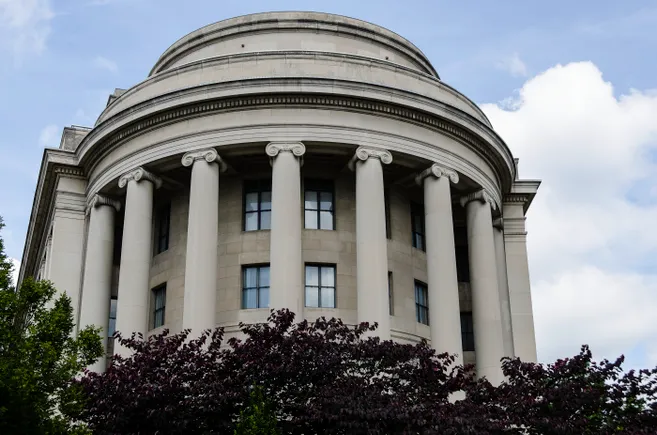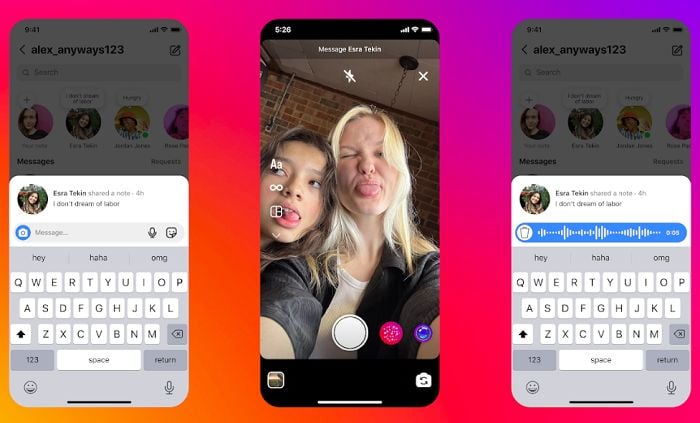The Federal Trade Commission (FTC) has called for stronger regulation of how social media companies harvest user data, after conducting a report into the data gathering practices of the major social apps, which it says uncovered many questionable practices.
The report, which examines at the data gathering processes at Twitch, Facebook, YouTube, X, Snapchat, TikTok, Discord, Reddit and WhatsApp, concluded that most social media companies engage in “vast surveillance of consumers in order to monetize their personal information while failing to adequately protect users online, especially children and teens.”
The 129-page review examines the various ways in which social platforms gather user data, from both users and non-users alike, and how the platforms then use this insight to power their various elements.


The report found that both users and non-users have virtually no way to opt out of how their data is used, particularly by automated systems, including for algorithmic and AI training.
As per FTC Chair Lina Khan:
“The report lays out how social media and video streaming companies harvest an enormous amount of Americans’ personal data and monetize it to the tune of billions of dollars a year. While lucrative for the companies, these surveillance practices can endanger people’s privacy, threaten their freedoms, and expose them to a host of harms, from identify theft to stalking.”
Based on its findings, the FTC has recommended that Congress pass enhanced privacy legislation in order to limit surveillance, and enhance protections for users. The FTC is also calling on Congress to pass federal privacy legislation to “fill the gap in privacy protections provided by COPPA for teens over the age of 13.”
The process could eventually see the U.S. implement EU-style advanced protections for users, which restrict data collection, and require more explicit consent on personal data use.
The EU has implemented various new tracking and permission measures under its Digital Services Act (DSA), though it’s not clear that this has significantly improved the data access and usage environment in the region. Definitely the apps now have to provide more information, and seek approval from users for data usage. But whether that’s actually led to a reduction in data usage is not clear, as many people simply don’t take the time to consider the implications of such consent.
Though the DSA has implemented more restrictions for younger users, which is a key focus of the FTC examination. That could end up being the most impactful aspect, and it’ll be interesting to see how Congress responds to this report, and whether it does seek to push for enhanced regulations and restrictions.
At the same time, you can bet that the platforms will be deploying their lobbyists in Washington to oppose any further change. Meta, in particular, now has a small army of political lobbyists seeking to influence policy, which could ensure that any FTC push for more restrictions is curtailed to some degree.
Either way, it’s a new challenge for social apps, especially as they look to utilize more user data for AI training.















